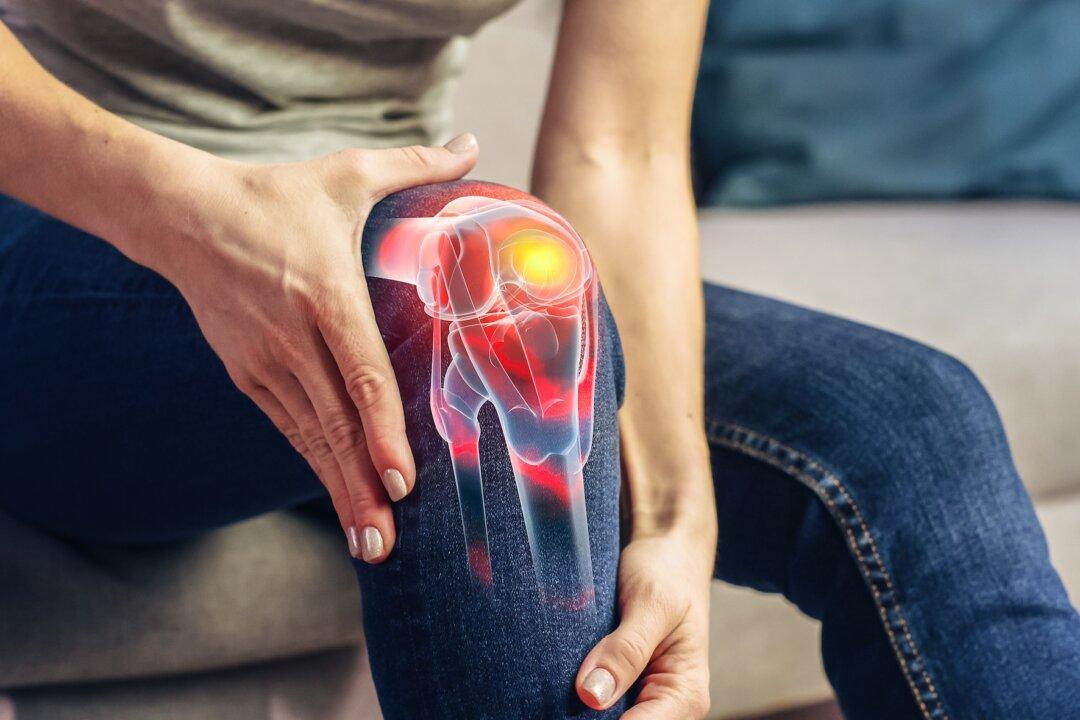I have gotten many questions about the recent news reports that some common drugs raise your risk for dementia. The stories are about anticholinergic drugs, a class of drugs that includes some popular brands of over-the-counter antihistamines as well as some prescription antidepressants and muscle relaxers. These drugs are taken regularly by about 20 percent of older people.
The study followed 3434 older adults (average age 73 years) who had their cumulative dose of anticholinergic drugs calculated from pharmacy records for 10 years and then were screened for dementia every two years. Over the seven years of screening, 797 participants (23.2 percent) developed dementia. Participants who took even low doses, long term, of the drugs suffered increased risk for dementia, and the higher the dose and the longer people took them, the greater the risk. The authors emphasize that they have not shown that these drugs cause dementia, only that there is an association between taking the drugs and increased risk for dementia.
The same authors showed that people who take high doses of an opioid narcotic or nonsteroidal anti-inflammatory drugs (NSAIDs) are also at increased risk for dementia. Their results contradict previous reviews that showed no association between opioid drugs and dementia.
What Are Anticholinergic Drugs?
Anticholinergic drugs include antihistamines such as diphenhydramine (Benadryl) and chlorphinaramine to treat insomnia and allergies; oxybutynin and tolterodine for overactive bladder, and tricyclic antidepressants such as doxepin or amitriptyline for depression, migraine and pain.






